-

The Island Since Covid
As you may remember, eleven years ago a group of friends and I bought a five acre island near Halifax, Nova Scotia. We only visit it a few times per year, but those visits are the perfect counterbalance to spending too much time in front of the computer and away from nature. Progress at the…
-

How I Changed My Mind and Ate Less
I’m sitting in a van in China, full of people who are speaking in Chinese, so I can’t really be part of the conversation. I speak just enough Chinese that if I strain with sufficient effort I can get the gist of the conversation, which is exhausting after a while. As I zone out and…
-
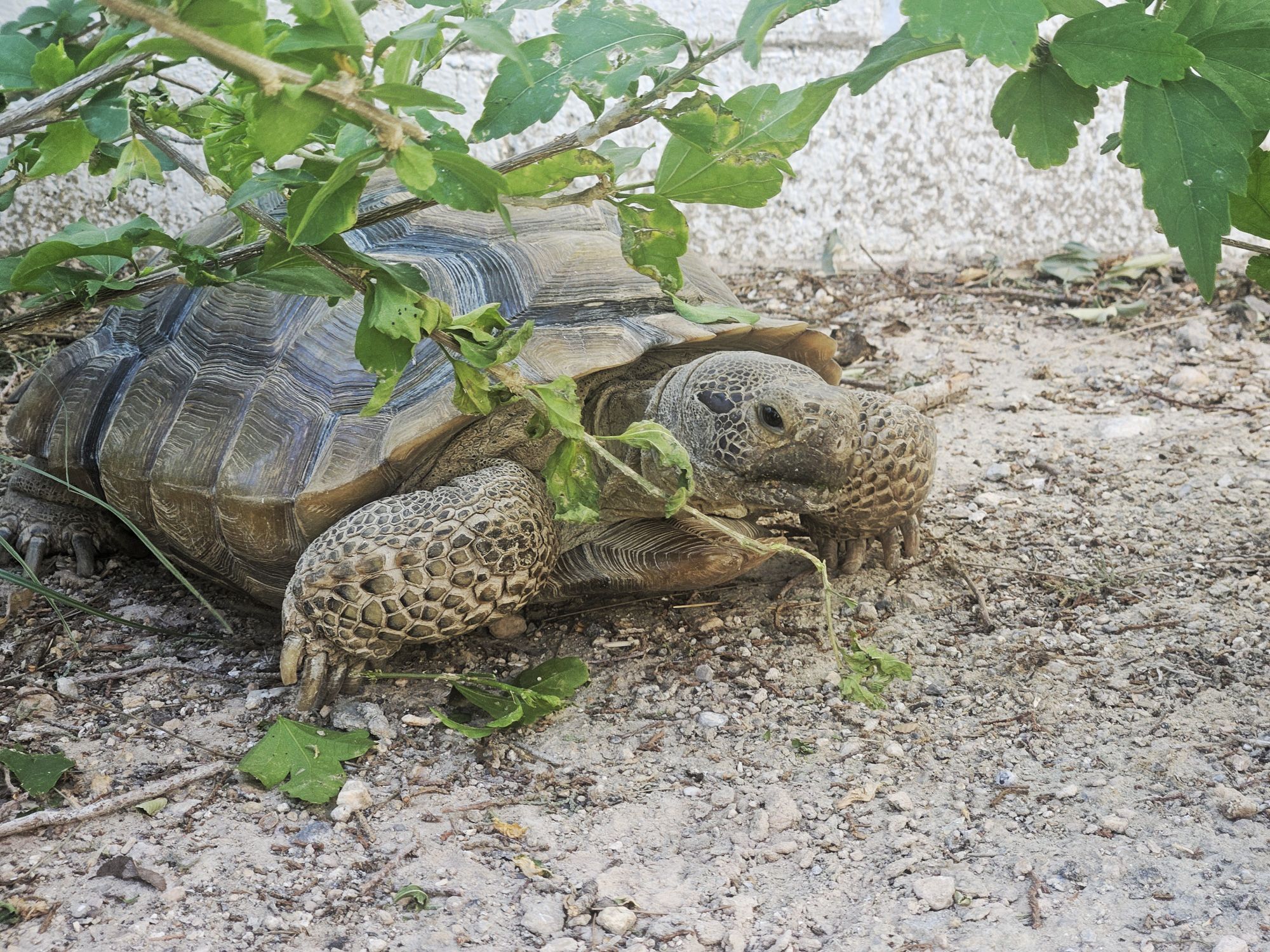
Having a Good Marriage
I’ve had a lot of thoughts on marriage for a long time, but have hesitated to write about it because I wanted to wait until I had more years under my belt. And while I know there’s still a lot for me to learn and experience, I think having a very stable and happy marriage…
-
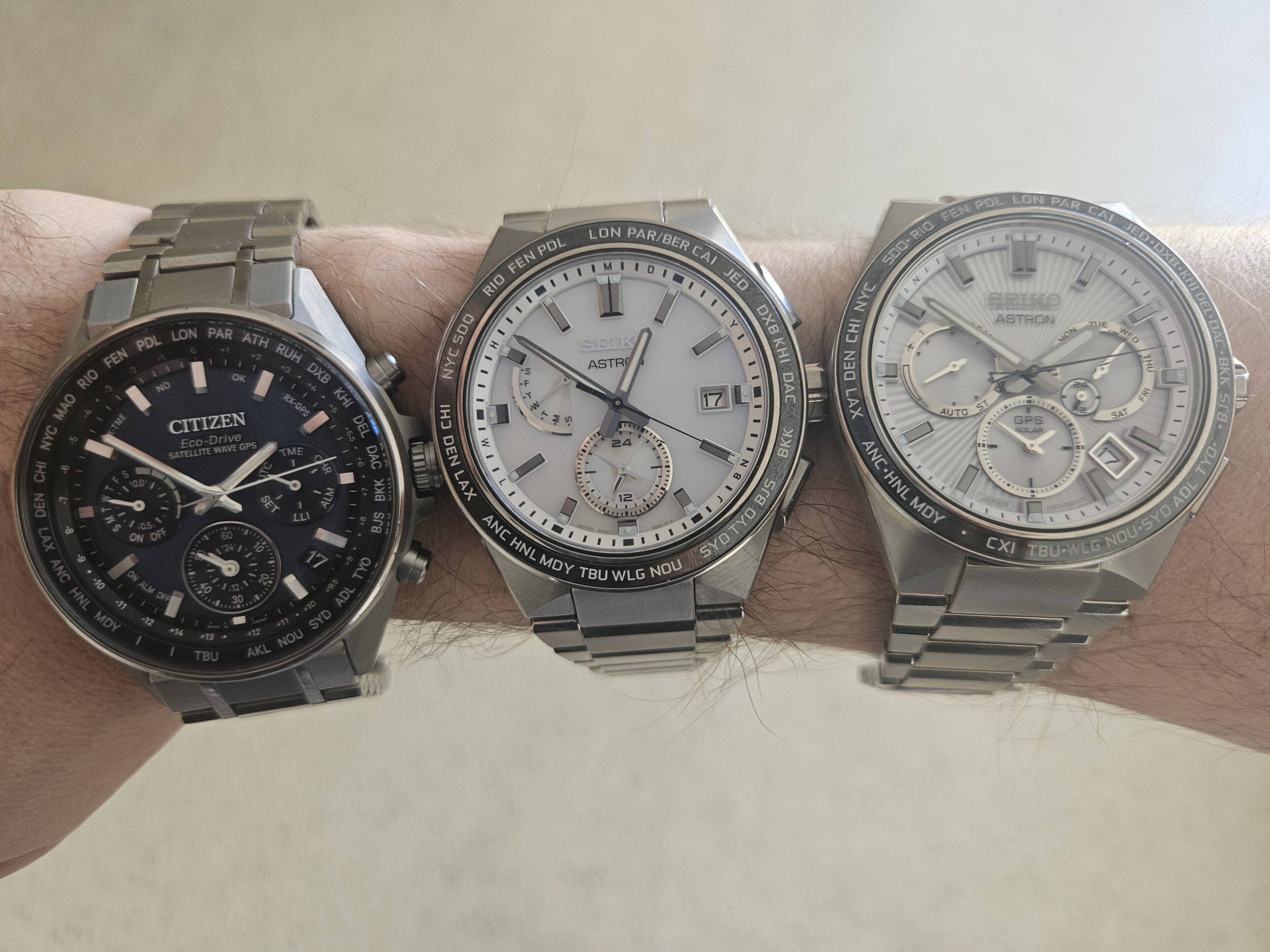
A Comprehensive Guide to Solar Analog Travel Watches
Last year I went on a lot of cruises which took me to remote places. As I always do when I travel, I wore my trusty Breitling Transocean Unitime. I bought the watch eight years ago because, at the time, it was the only mechanical watch that I could find that had all of the…
-
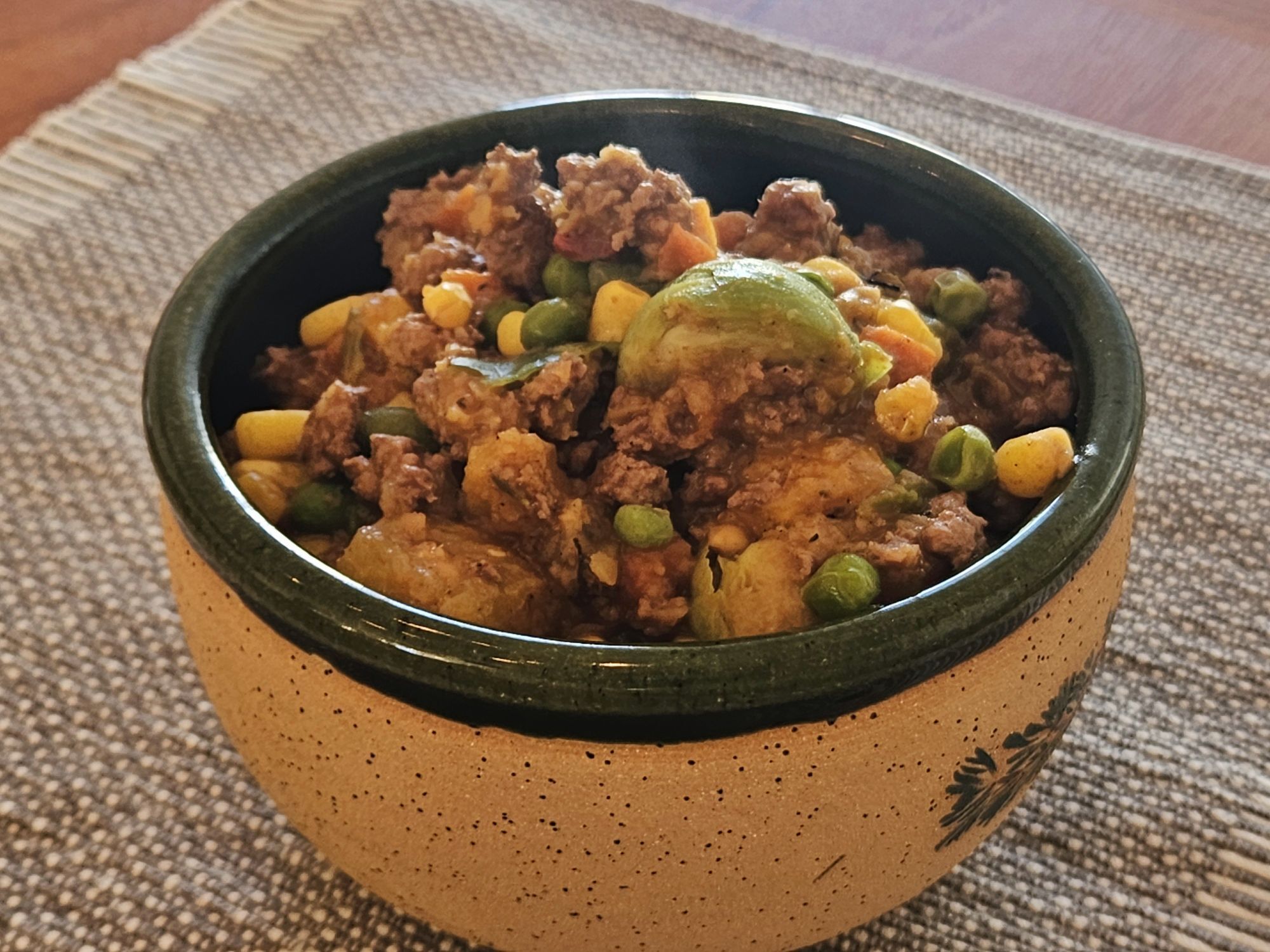
Why I Quit Chipotle and What I Eat Instead
I’ve been eating Chipotle most days that I am home for over 10 years. I travel about 30-50% of the year, but during covid I ordered it so much that Chipotle sent me an email to tell me I was in the top 1% of all Chipotle orderers. Even last year, when I traveled a…
-

Ten Year Predictions Checked and Made
Ten years ago I wrote a blog post about where I thought I’d be in 2024. We’re finally here! Looking back at the blog post now I can remember exactly what my life was like back then, and I can imagine what I would think of my life now. I’m going to address my predictions…
-
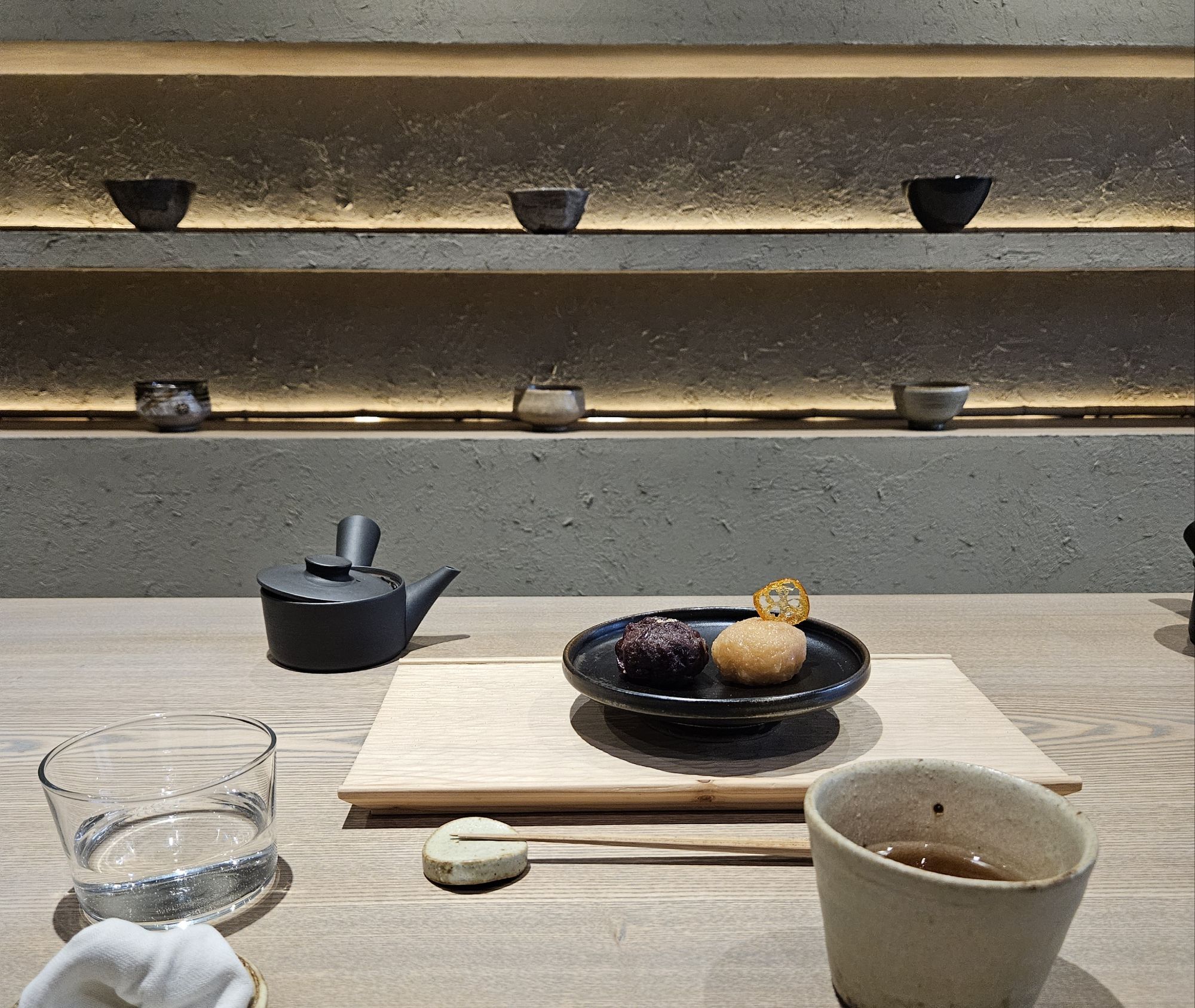
Two Questions from a Fellow Tea Lover
I recently asked for post suggestions and a reader named Ellie had a bunch of questions about tea that I think bring up interesting points. First, a little bit of background— I’ve been drinking tea for about fifteen years, pretty much every day. I started because I read a book that told me about how…
-

Takussaagut 2023
I spent New Year’s Eve in London, watching literally thousands of fireworks at once from my friend’s high-rise apartment. I know I say the same thing every year, but 2023 was my best year ever and I’m excited for yet another run around the sun. Here are some highlights from my year: House projects I…
-

Superhuman 5 Event in March 2024
It’s been too long! I just did a Tea Time with Tynan video and several people asked if I was going to do any more Superhuman events. I’ve been wanting to schedule one, but I host it in a huge hotel suite which has been 3-4x the price that it was pre-pandemic. I don’t want…
-
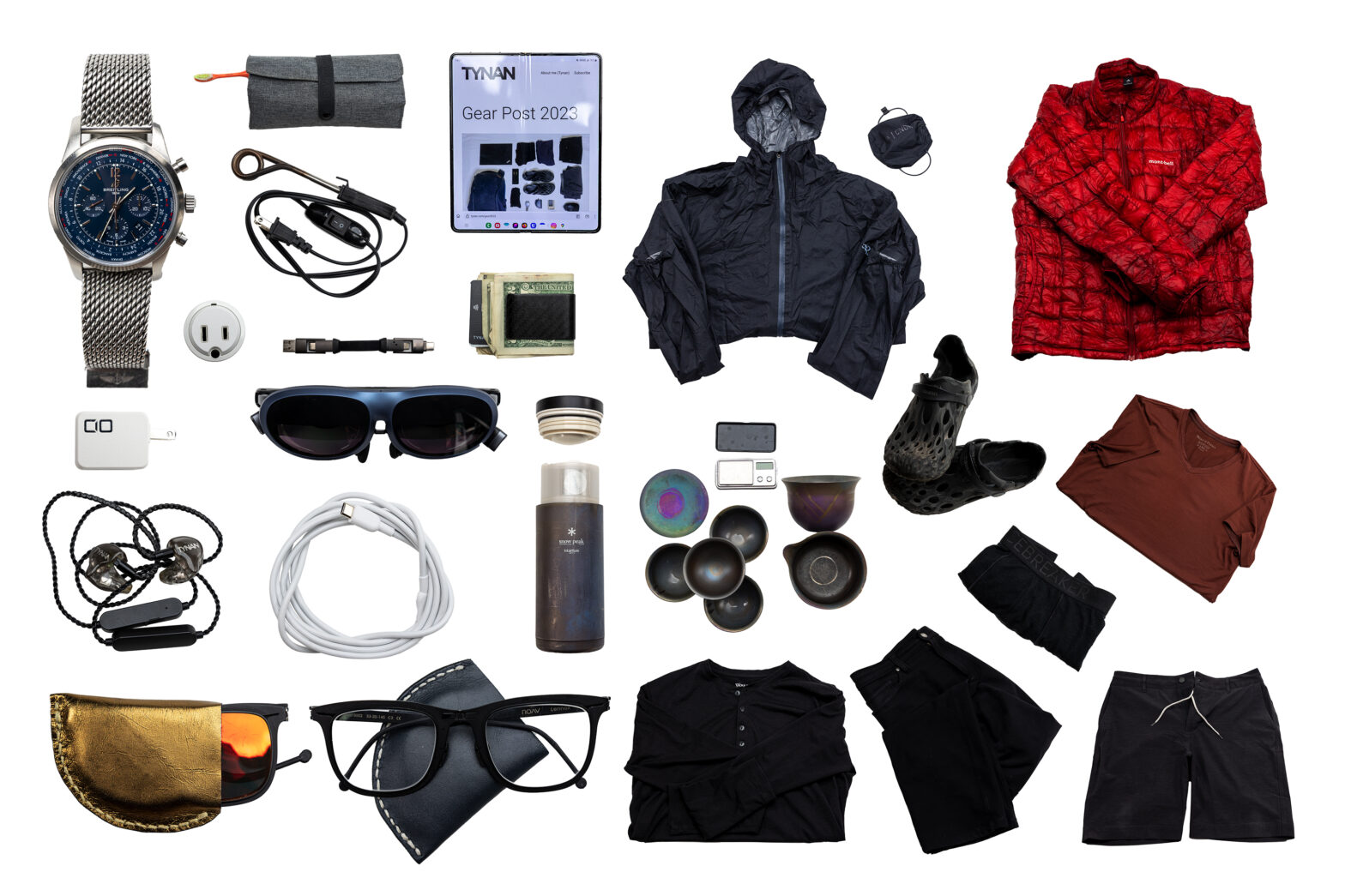
Gear Post 2024
Remember the days when I would actually get the gear post done in time for Black Friday so that you could get better prices? Well, those days are back, at least this year. I’m really excited about this year’s post because I have a few new things that I bet you aren’t aware of… If…
